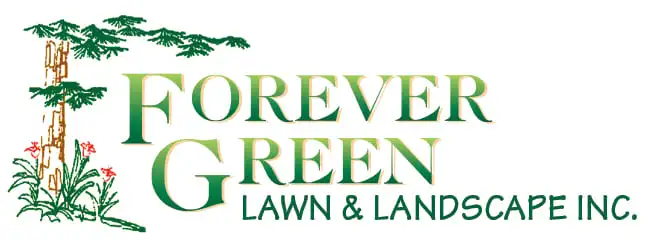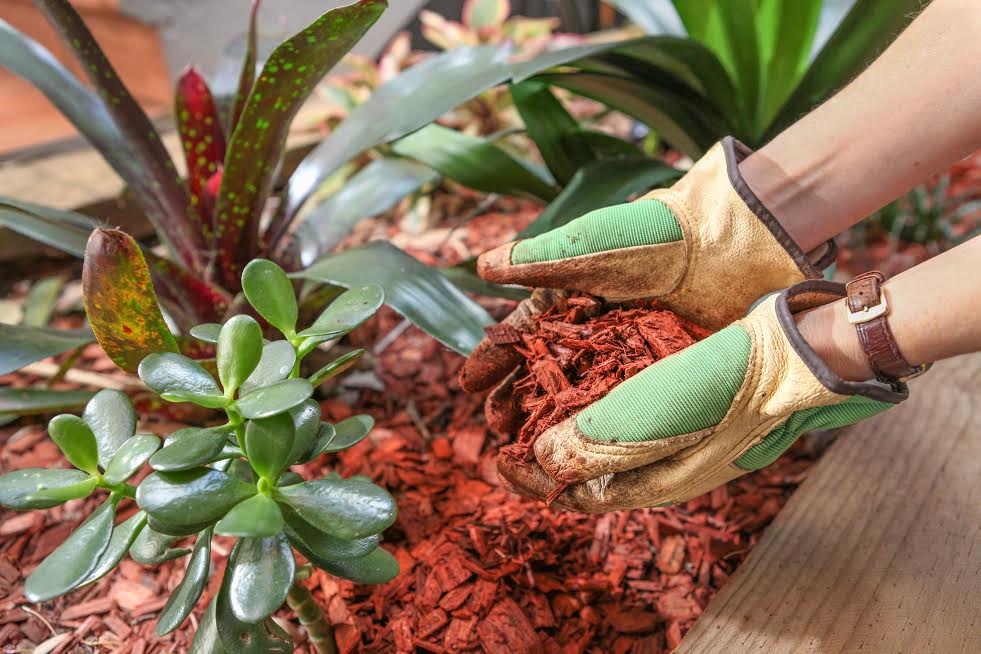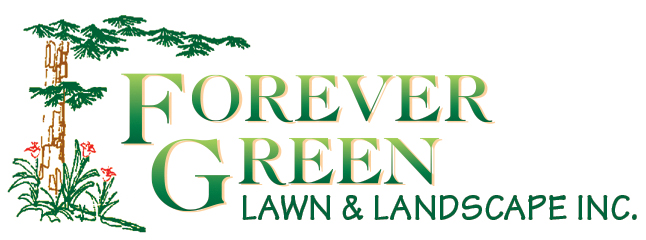If it’s done correctly and under the right circumstances, spring mulching can be one of the most beneficial and rewarding methods of commercial landscape maintenance for your plants and garden as a whole. Mulching can help prevent weeds from hogging all of the water your plants thrive on while also trapping and preserving excess moisture for gradual consumption rather than wasting it. On top of that, it also gives your outdoor space a uniquely aesthetic appeal while simultaneously strengthening your soil and helping it produce healthy foliage.
Why You Should Mulch in the Spring
Mulching should be a regular part of your garden spring cleaning routine. Rather than throwing away leaves and other organic matter such as lawn clippings, you can repurpose it as mulch to help your commercial landscape flourish into an inviting spring wonderland. After all, there’s no better material to use as a buffer between your plants and potentially destructive forces than the very organic material that your land naturally produces. Just make sure to do thorough research before choosing a mulch blend to ensure that it’s one that’s right for your garden. Most people tend to mulch their gardens once every spring, but depending on the types of plants you have, you typically only have to do it about once every two to three years.
Tips for Mulching Your Garden
There are a few tips and tricks you should always adhere to when cleaning and mulching your landscape as well as a few things you should try to avoid like the plague. Always keep in mind that not all mulch is created equally and some of it contains chemical-based artificial materials that are incredibly harmful to the environment and your garden even though they might be pretty to look at.
Avoid Dyed and Artificial Mulch
Try to refrain from using dyed and artificial mulches, such as dyed rubber and dyed wood mulch, for two reasons:
- Rubber mulch is made from completely man-made, discarded vehicle tires, so it isn’t biodegradable at all. Not only does it produce an unpleasantly strong chemical odour (especially in the heat), which is off-putting to anyone who visits your property, but it also releases strong pollutants into the air.
- The dye in both rubber-based and wood mulch is highly toxic to breathe in on its own, but the combination of dye and rubber chemicals can be extremely dangerous in high doses.
Use Organic Mulch
Organic varieties of mulch such as compost, shredded bark, natural woodchips, and stones can be just as beautiful as the artificial mulches mentioned above. The difference is that they generally don’t pose any threats to the environment as long as they’re not introduced to foreign land. Some plants might require certain varieties or mixtures of mulch for optimal growth, health, and survival. So, it’s always in your best interest to research which plants grow naturally and are most likely to survive in your area as well as what kind of mulch will facilitate their growth. A professional commercial landscaper should be able to recommend the best kind of mulch and plants to use in your outdoor space.
At Forever Green Lawn & Landscape Inc., our goal is to ensure that your commercial property aptly reflects and even facilitates the success of your business. With over 20 years of experience working in the landscaping industry all across Toronto and the GTA, we’re the right choice when it comes to creating the ideal outdoor space for your commercial property. For more information on our extensive services, please call us at (905) 454-0875 or e-mail info@forevergreenoutdoors.com.


